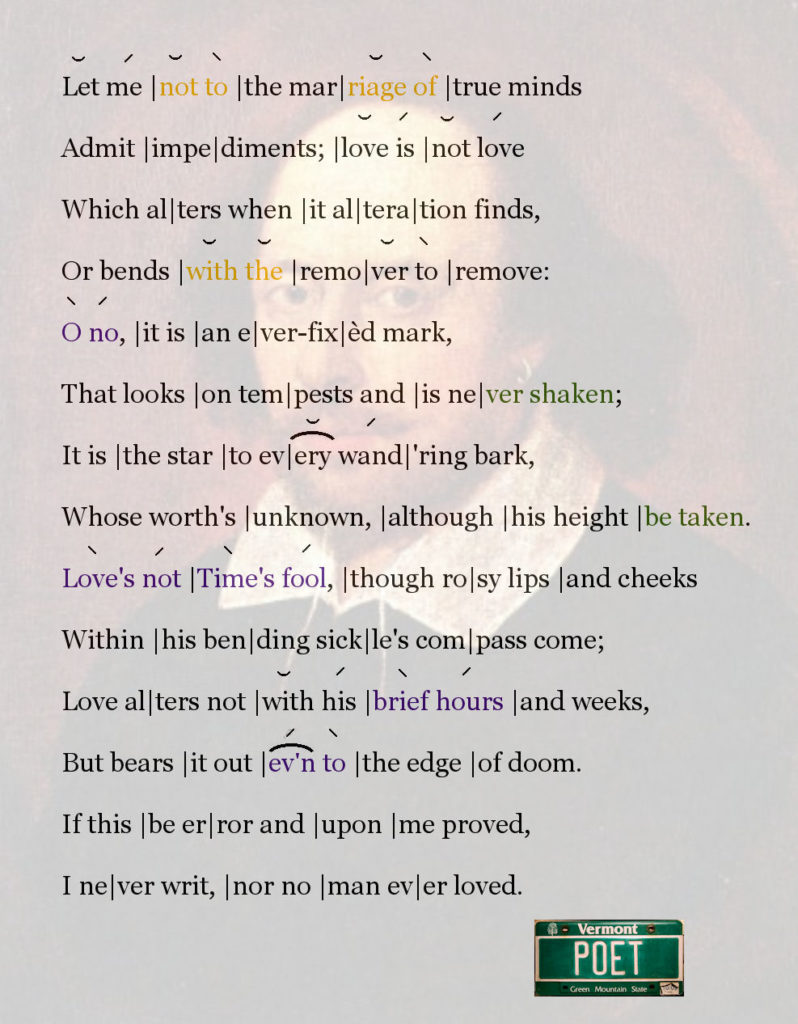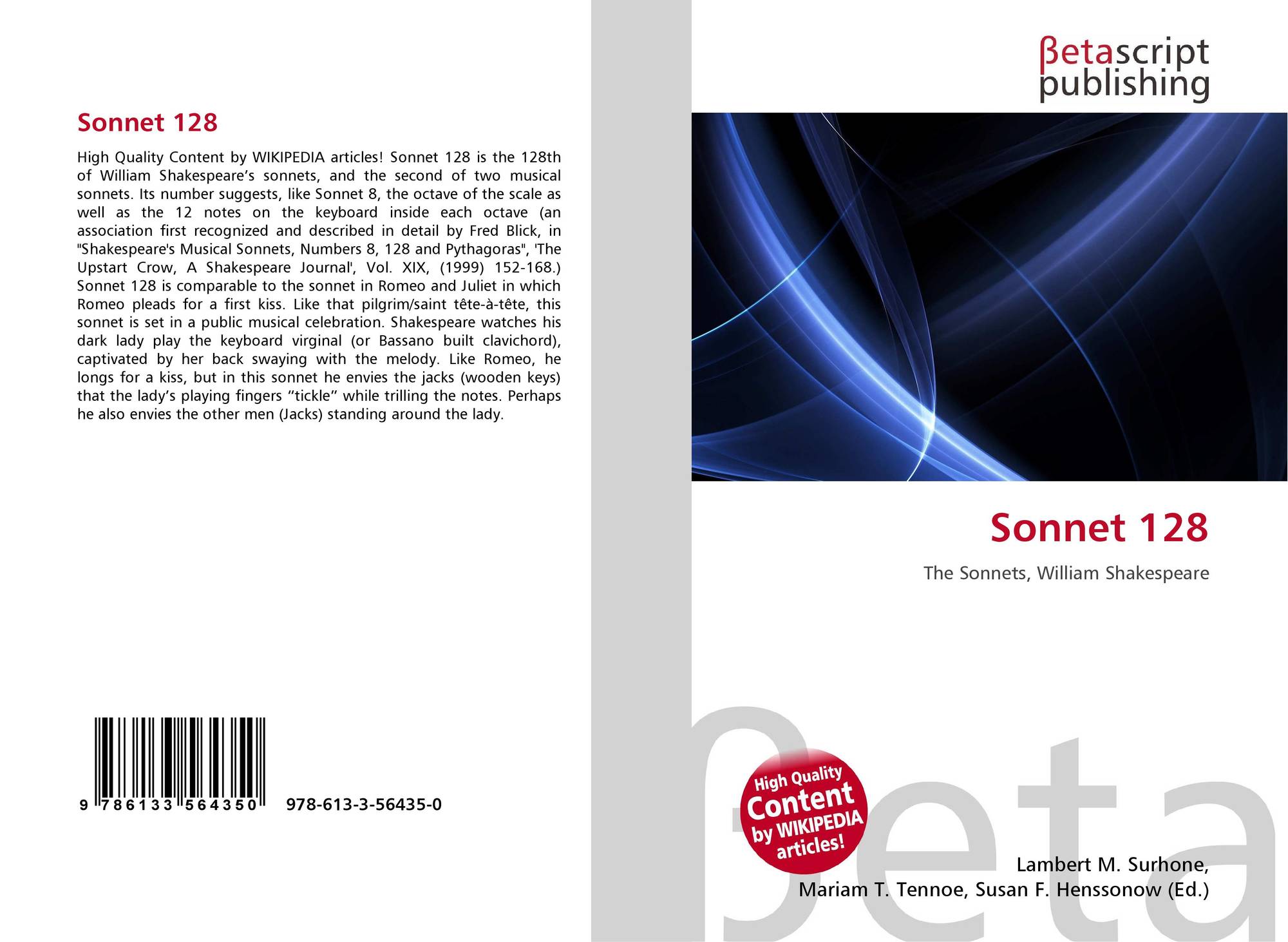

The poem stresses the charm of the youth. In looking after himself alone the youth is accused of being "unprovident", of not disposing of his wealth properly and of not thinking of the future (pro + videre = to look in advance). The procreation theme is repeated, though for the first time a personal relationship between the poet and the youth is stated, even to the extent that the youth is asked to have a child to please the poet.

Though this is not the only possible scansion of the first two lines, the extra emphasis demanded by "thou" to prevent the ictus from resting on "bear'st", and the extra emphasis falling on "who" in an initial reversal, may be seen as pointing up the accusatory tone in the poem. = ictus, a metrically strong syllabic position. while the first two lines exhibit, respectively, a final extrametrical syllable (or feminine ending), and a likely initial reversal:įor shame deny that thou bear'st love to any, Shall hate be fairer lodged than gentle love? (10.10) Line ten exemplifies a regular iambic pentameter line: It is written in iambic pentameter, a type of poetic metre based on five pairs of metrically weak/strong syllabic positions per line. The English sonnet consists of three quatrains followed by a couplet, and follows the typical rhyme scheme of the form: ABAB CDCD EFEF GG. Sonnet 10 is a typical English or Shakespearean sonnet.

The two sonnets may be said therefore to be linked (like Sonnets 5 and 6 or Sonnets 15 and 16) even though the linkage takes a different form. It also continues and amplifies the theme of "hatred against the world" which appears rather suddenly in the last couplet of Sonnet 9.

In the sonnet, Shakespeare uses a rather harsh tone to admonish the young man for his refusal to fall in love and have children. It is a procreation sonnet within the Fair Youth sequence. Sonnet 10 is one of 154 sonnets written by the English playwright and poet William Shakespeare.


 0 kommentar(er)
0 kommentar(er)
